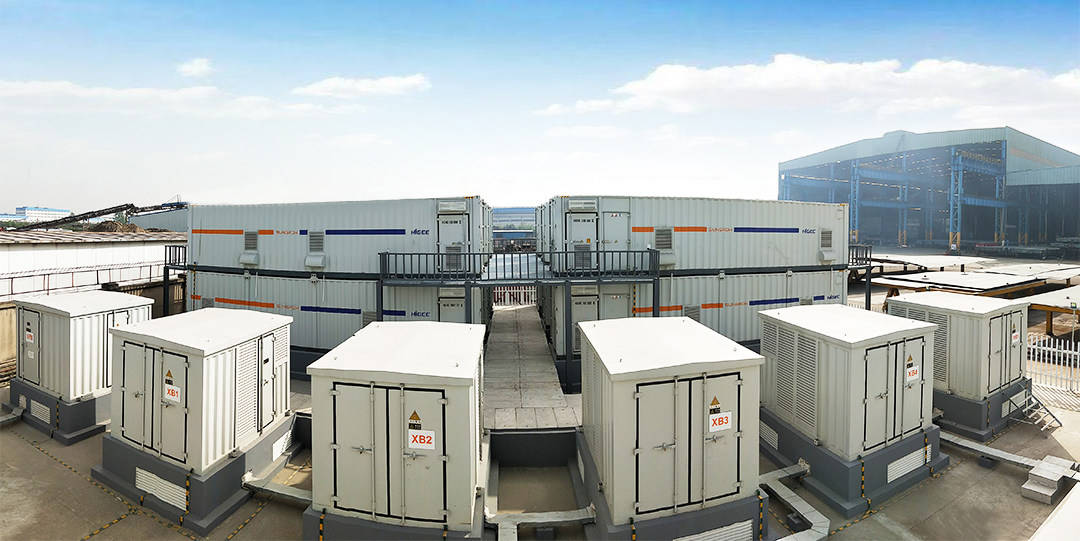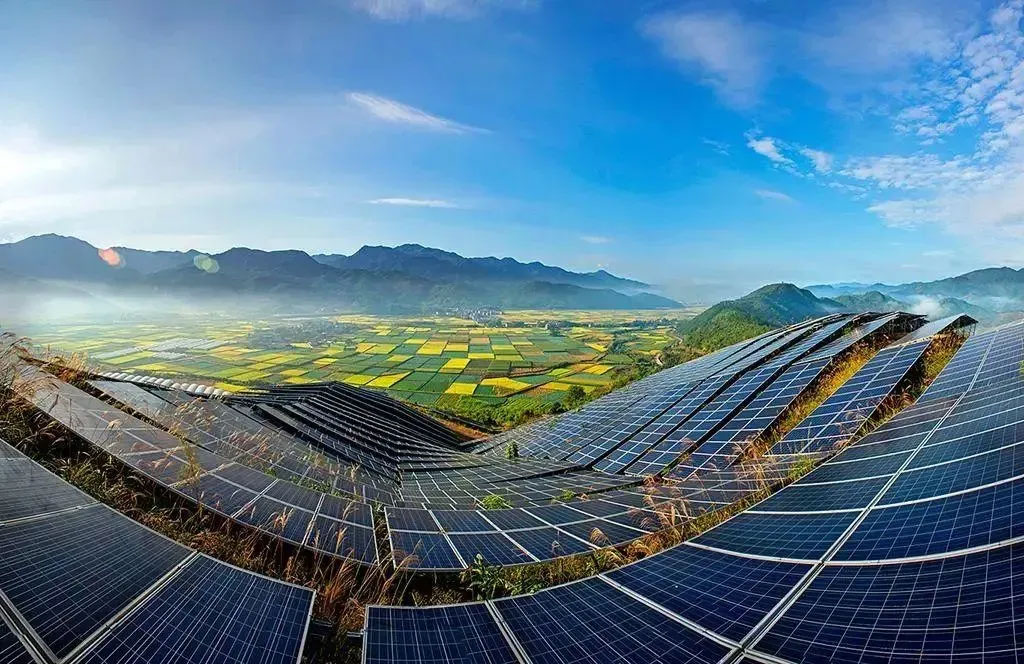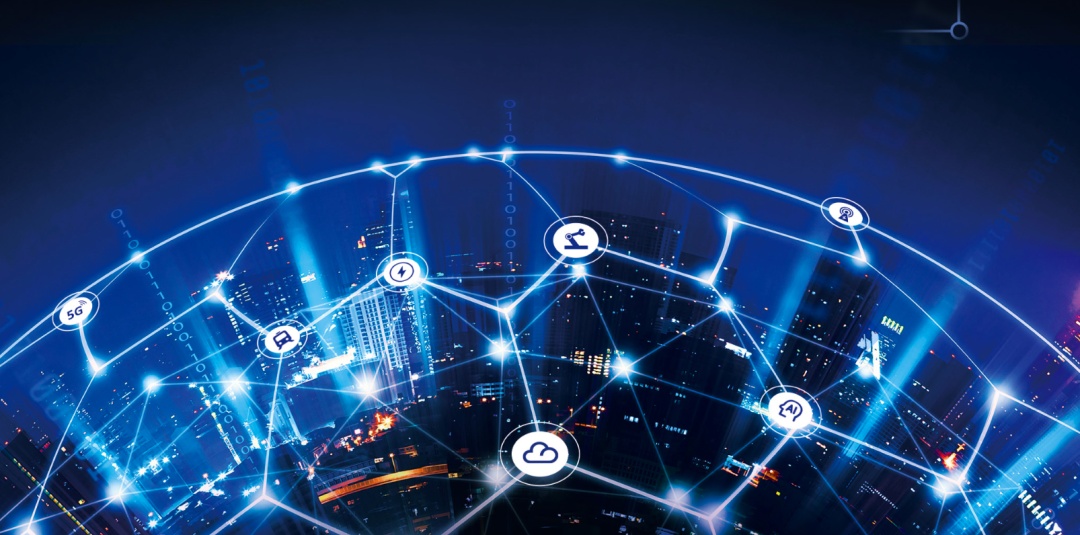【Metaverse News】The Ministry of Industry and Information Technology convened Huawei, Tencent, and Baidu to draft metaverse standards

On January 19, 2024, the Chinese Ministry of Industry and Information Technology convened a new working group consisting of 60 experts to develop standards for the metaverse field. The working group members mainly come from the Ministry of Industry and Information Technology, academic institutions, and top Chinese technology companies such as Huawei, Tencent, NetEase, Baidu, Ant Group, and Lenovo Group.
The establishment of this working group originated from the "Three Year Action Plan for Innovation and Development of the Metaverse Industry (2023-2025)" announced by the Ministry of Industry and Information Technology in September 2023, which includes plans to improve the industry standard system, enhance innovation support capabilities, and build first-class infrastructure.
The Ministry of Industry and Information Technology stated at the time that the commercial hype of the "metaverse" resulted in a significant gap between its concept and actual value, which to some extent constrained the development of the metaverse industry. The Chinese government hopes that the metaverse can be more applied in "industrial scenarios", guiding the deep integration of the digital economy and the real economy, and ultimately expanding "new growth space" for various industries.
This forward-looking strategy may make China a leader in the field of metaverse.
However, the metaverse is overshadowed by the increasingly prominent position of artificial intelligence, one of its fundamental technologies:
So, does the metaverse have real development prospects? If this is a promising and long-lasting battle, how can we keep up with the standards and regulatory regulations of the metaverse to keep up with the development of this technology? How should enterprises deploy digital transformation that aligns with current trends in artificial intelligence and future metaverse development?
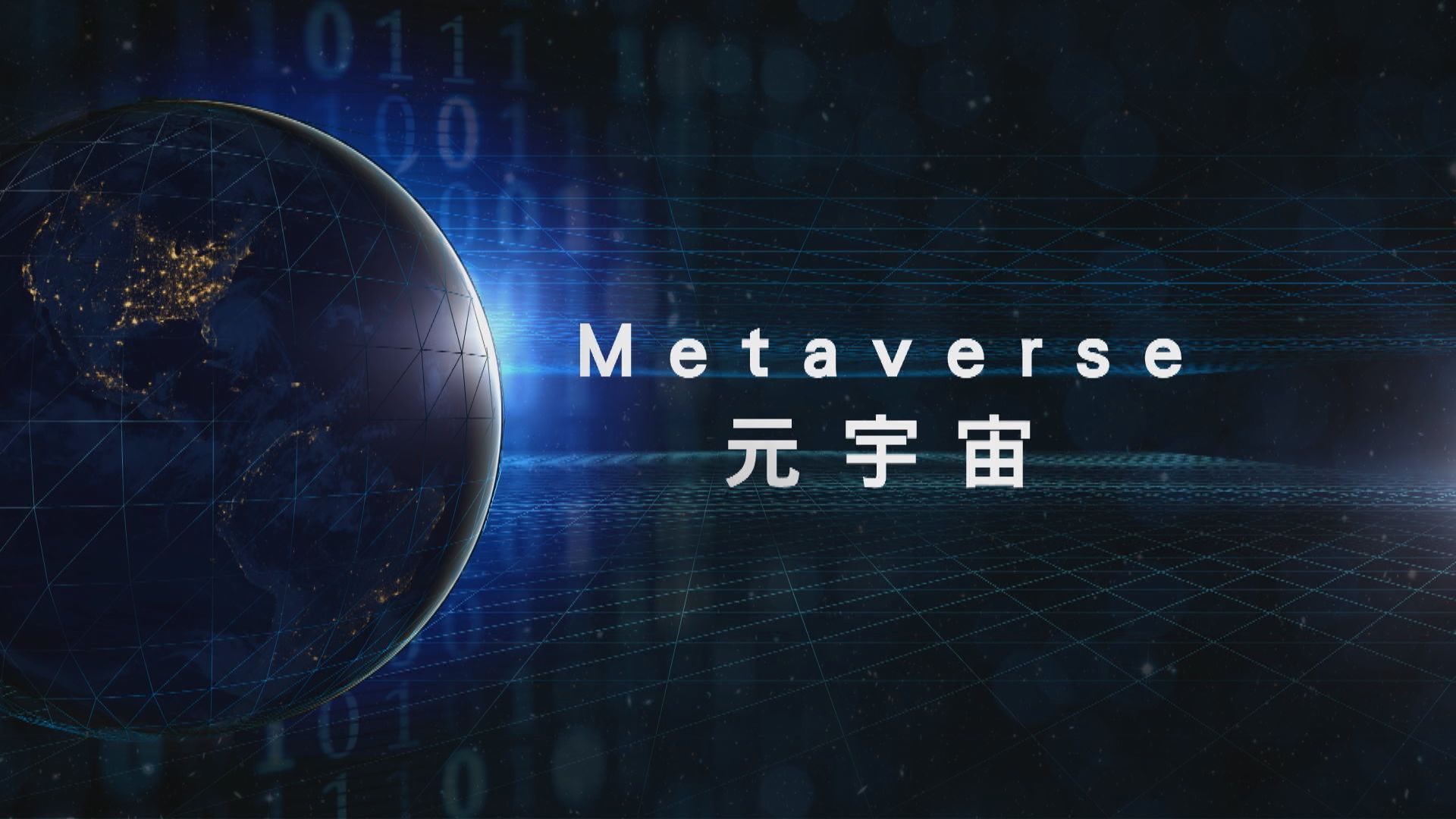
01 "Metaverse" from hype to rebirth
So far, the Internet platforms we have experienced have mainly used the observation experience of text and video, and the "meta universe" is the vision of the next generation of Internet: a single, shared, immersive 3D virtual space in which humans, machines, and data interact with each other, replacing the real world to a certain extent, while also enhancing the real world.
That is to say, the current work scenarios that rely on video conferencing, popular short videos, and interactive modes in live streaming rooms may be overturned and replaced by new virtual world models.
However, the development of the metaverse relies on the further development of emerging technologies such as Web3, blockchain, NFT, cryptocurrency, and the Internet of Things, especially closely related to generative artificial intelligence technology. It can be said that the sudden rise of generative artificial intelligence has given the metaverse an opportunity to shift from hype to a rational vision, and has also laid a more realistic technological support for its development, rather than being an obstacle to its growth.
Many industry experts point out that the metaverse itself has not disappeared, but its definition and application have changed during this period, especially in the enterprise field - the future lies not in an exclusive digital utopia, but in seamless integration with the physical world.
In recent months, AI driven content generation has emerged in large numbers online, and 2D content has been further enhanced through AI technology for 3D content generation. The integration of generative artificial intelligence and metaverse can create dynamic virtual environments, where the content generated by artificial intelligence can adapt and respond to user operations, thereby creating personalized and engaging experiences. It can also achieve new forms of art, entertainment, and communication, breaking through the possibilities of the virtual realm. NVIDIA is one of the companies heavily engaged in artificial intelligence and metaverse, providing applications that convert 2D images into 3D assets to assist in virtual training simulations.
According to a recent study by 451 Research, a subsidiary of S&P Global, emerging virtual world opportunities in video gaming, hardware, commercial software and services, e-commerce, advertising, and other segmented markets will generate an annual revenue of $52.39 billion by 2027.
In December 2023, the South Korean government increased its support for virtual worlds and launched a $48.3 million fund to develop and support mergers and acquisitions of various startups to help drive the development of the metaverse ecosystem. They believe that the metaverse is a key driver of economic growth and innovation, with the potential to change our lives. The Dubai government has launched the Dubai Metaverse Strategy, aiming to become one of the world's top ten metaverse economies by 2030 and the center of the global metaverse community, actively attracting startups.
In China, multiple local governments have also prioritized the development of the metaverse industry. As the "sub center" of the Chinese capital, Beijing Tongzhou District promises to attract over 100 virtual universe related enterprises by the end of this year; Shanghai plans to establish government supported projects and private equity funds, dedicated to the development of the metaverse.

02 Opportunity Comes: Widespread Scenarios of Metaverse Industry Applications
The widespread application of the metaverse will not be achieved overnight, but will gradually collect digital experiences, improve lifestyle and work methods, and will change with online interaction and changes in people's expectations for interaction. Meta is still making significant investments in the metaverse and stated that "it will take ten years to fully realize this vision.".
A major challenge facing the development of the metaverse lies in the potential breadth of application scenarios. The following figure illustrates the potential ecosystem and sectoral impacts that the metaverse may develop. It represents digital interaction from high-end industrial simulations (such as digital twins in factories) to community art installations or fantasy experiences.
The rigor and financial advantages of designing and managing industrial processes through digital twins (creating a digital version of a clone based on a physical device or system) and system design are important driving forces for the recent development of the metaverse, and these use cases have significant investment returns and environmental, social, and governance benefits. They are part of the ongoing digital transformation that began with Industry 4.0.
In addition, activities and breakthroughs developed for industrial achievements will affect more mobile and emerging fields, such as enterprise collaboration, B2C digital participation, and virtual real estate.
For example, the industrial "metaverse" application is to build precise digital simulations for new factories, including their appearance and operation methods. This virtual environment can be used to validate designs, train employees, and even train automated robots. Once actually built, most of the training and operation plans can be in place, so they can be immediately applied to actual factories. Digital twins can provide assistance in workshop processes, providing a place to record or rehearse repairs, and drawing machine data in AR during actual repairs.
In addition, the metaverse can provide sustainable and ethical business practices for ESG for brands and retailers. By planning virtual events and providing educational opportunities, virtual worlds enable brands to strengthen their corporate values, brand image, consumer awareness, and transparency, while significantly reducing resource consumption through traditional channels such as print media. For example, at the International Consumer Electronics Show in 2021 and 2022, Procter&Gamble launched two immersive virtual worlds, LifeLab and BeautySphere. Visitors can freely explore the interactive areas showcasing Procter&Gamble's brand and products, while introducing consumers to Procter&Gamble's efforts in sustainable development (such as "ingredients").
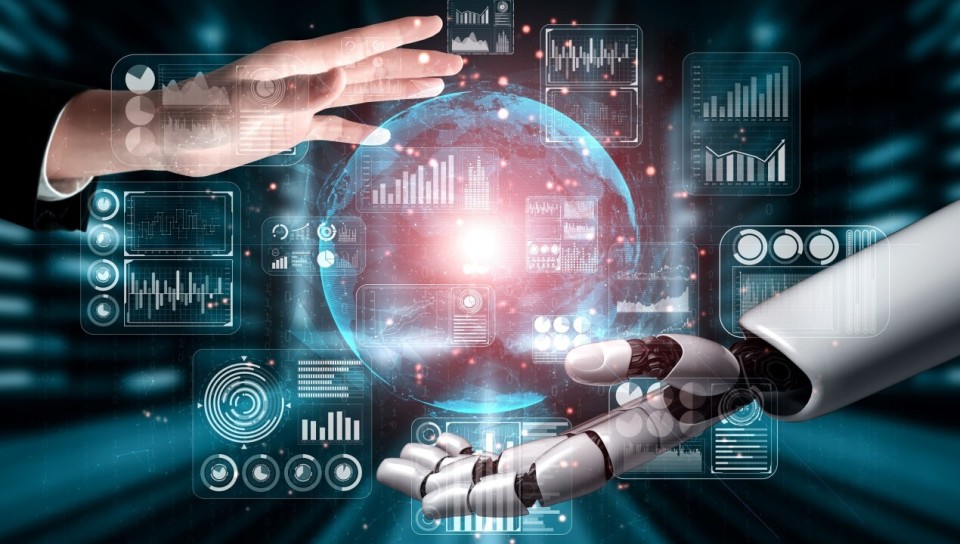
03 Regulatory Metaverse Needs New Paradigm
The Ministry of Industry and Information Technology of China has stated that the Metaverse Standards Development Group will develop universal and technical standards, covering areas such as Metaverse terminology, reference architecture, identity systems, digital content generation, and cross domain interoperability. In the process of standard development, it will pay special attention to the use of sensitive personal information, the spread of digital identities, pyramid schemes, online violence, and the security of malicious information in the metaverse.
Matthew Ball pointed out in his book "The Metaverse: How It Will Completely Change Everything" that "the Metaverse will make many of the challenges of digital existence today even more acute."
Privacy - The virtual universe will expand the tracking range of users, incorporate personal biometric data, and apply this information to individuals, not just groups. Biometric data, such as eye movements, can reveal our emotions and can be used to influence behavior. Due to the fact that metaverse avatars will have personal identities, user identification will shift from grouping to specific identification and authentication of individual users.
Error messages - Online technology can now automate the spread of lies, hatred, and propaganda. The virtual universe will be able to turn this information into reality by inserting each user into a world that measures their emotions and uses this information to manipulate their behavior. Inventing a new world does not exempt those who build virtual worlds from responsibility for the abusive behavior in the world they are creating. In addition to how the virtual universe expands and exacerbates this traditional digital abuse, it also expands the possibility of other abusive behaviors.
Harassment and Security - Today's social media is a tool for verbal and visual harassment. When individuals "intervene" in the virtual world, they expose themselves to new levels of physical, verbal, and sexual harassment through virtual representation. When minors enter a virtual universe, the world will be more capable of manipulating their emotions.
Fraud - Today's online world is built on advertising. The new business opportunity in the virtual world is real-time trading, involving everything from virtual real estate to virtual clothing. Along with these transactions are opportunities for virtual world fraud.
Establishing digital norms is the first task to be implemented, as once new digital patterns are established, it is difficult to correct them.
We have experienced how the regulatory and legal structures of the industrial era were deconstructed by the business models and decisions of digital companies, so it is necessary to further emphasize that these old rule structures are far from sufficient for the normative development of the metaverse. Many times, public policy makers lack understanding of technology, and ordinary people are influenced by public opinion triggered by technology companies, fearing that regulation will undermine the popularization and application of technological innovation.
The supervision of the virtual universe requires a new regulatory paradigm - neither voluntary but powerless self-regulation, nor top-down and rigid directive regulation. The new era requires a new participatory supervision model: the government identifies problems and then collaborates with representatives of companies and civil society to develop acceptable and executable standards. This is exactly the direction that the Ministry of Industry and Information Technology is currently striving towards.
In short, the trend of the metaverse is at the forefront of the digital revolution, which is not only an evolution of technology, but also a redefinition of our relationship with the digital world. We look forward to the Metaverse Program led by the Ministry of Industry and Information Technology leading us in exploring, creating, and collaborating in the business world and social life, unlocking a more promising and secure digital future.
 中文
中文
 English
English
